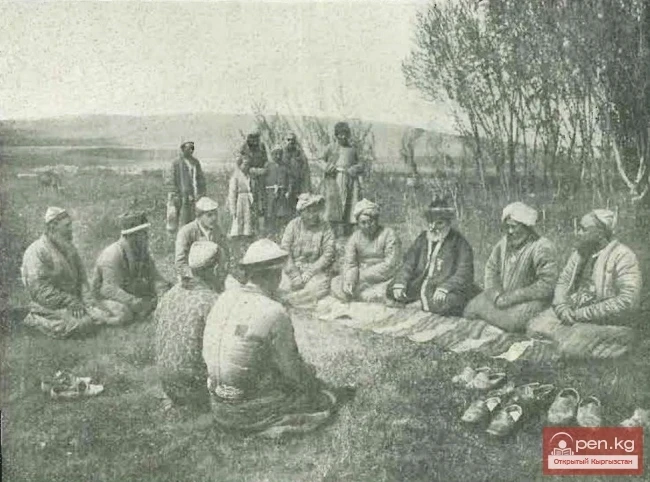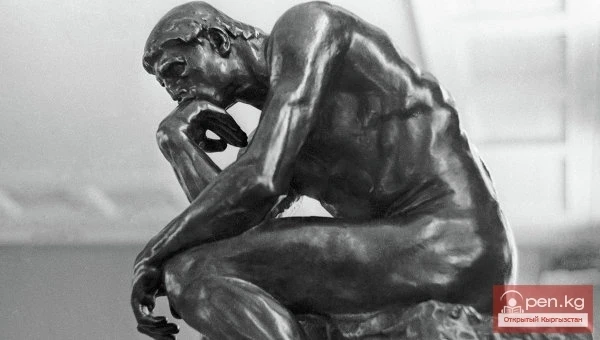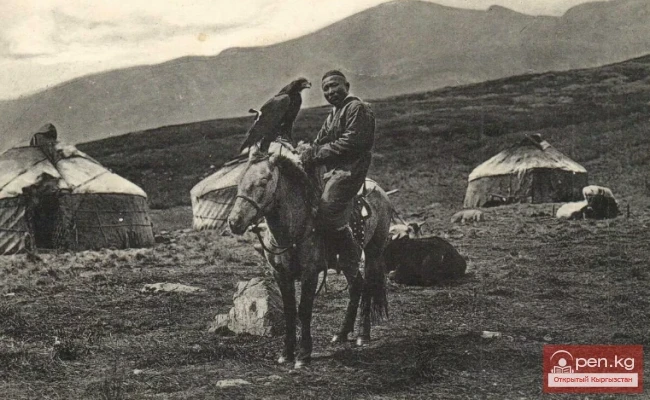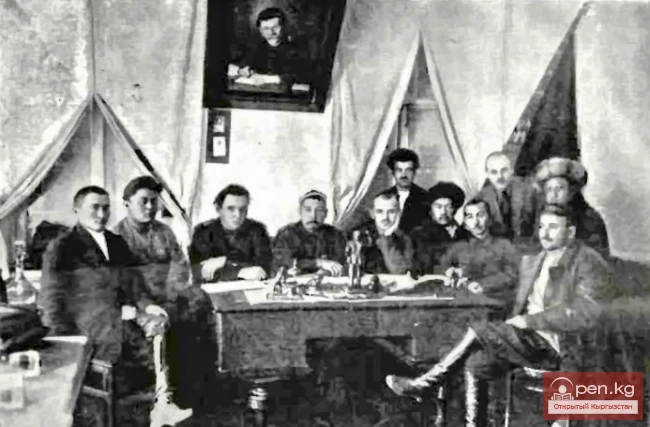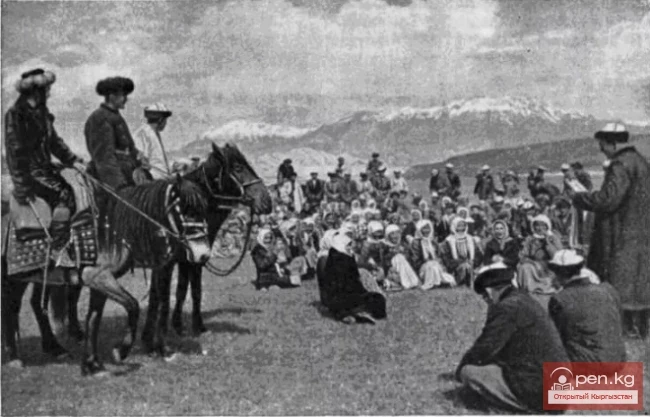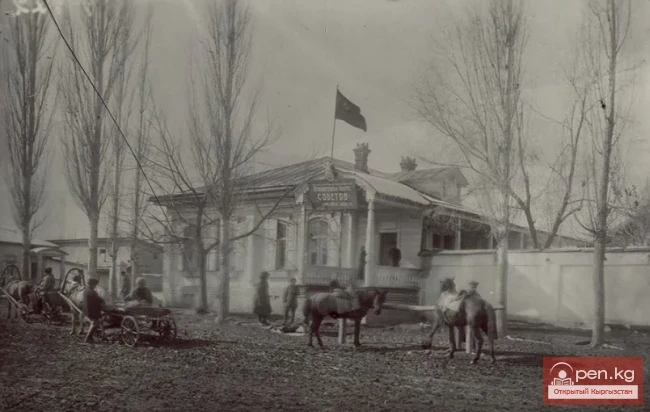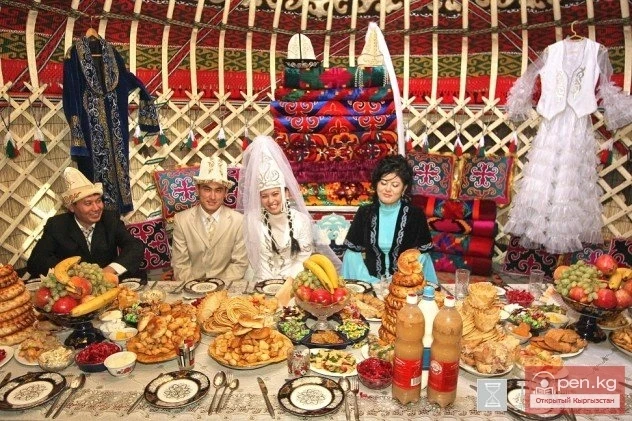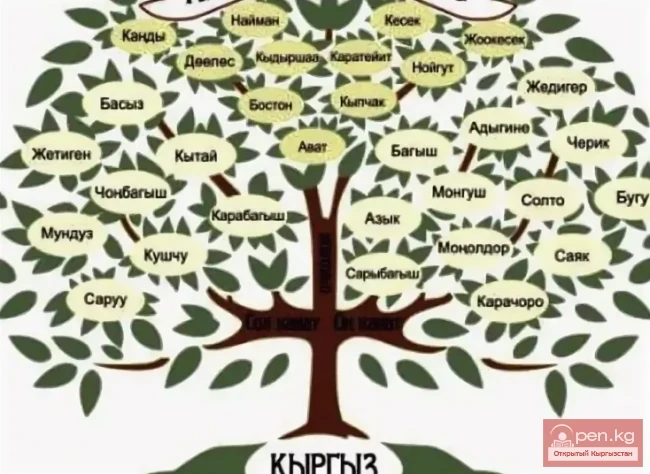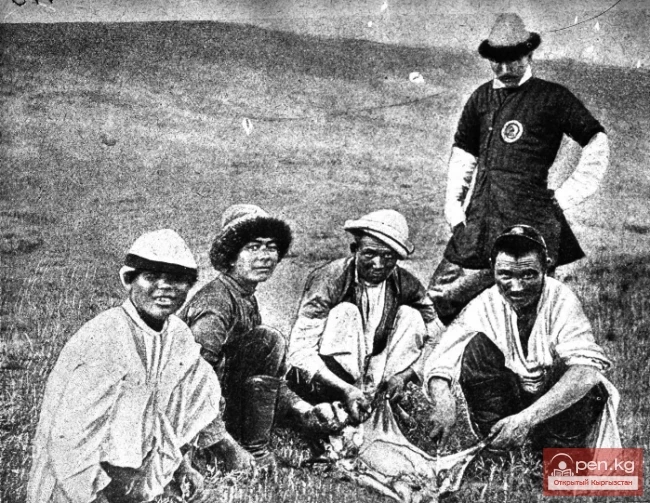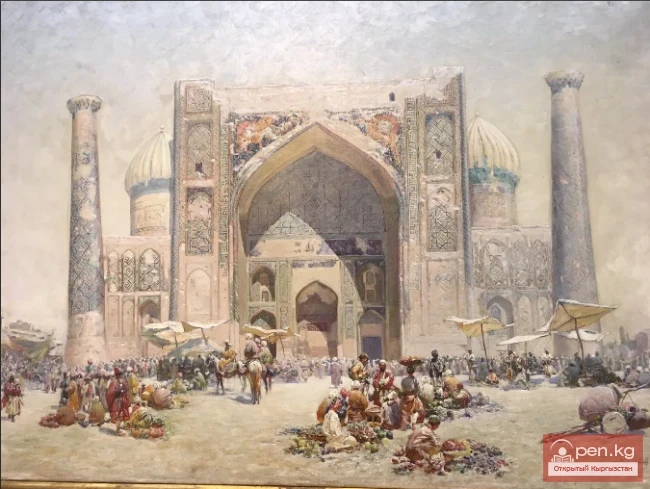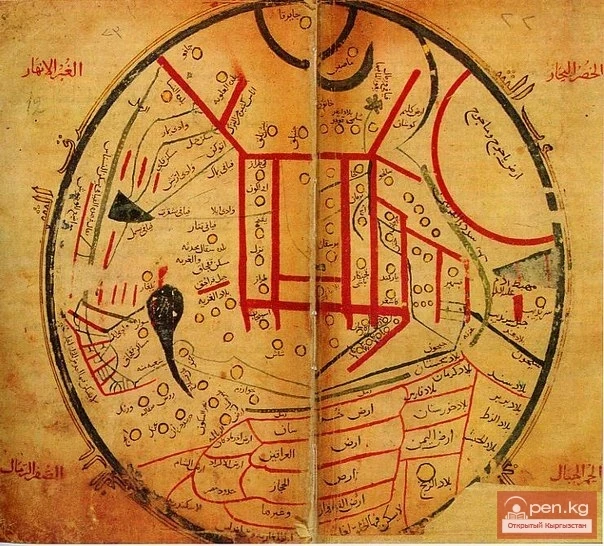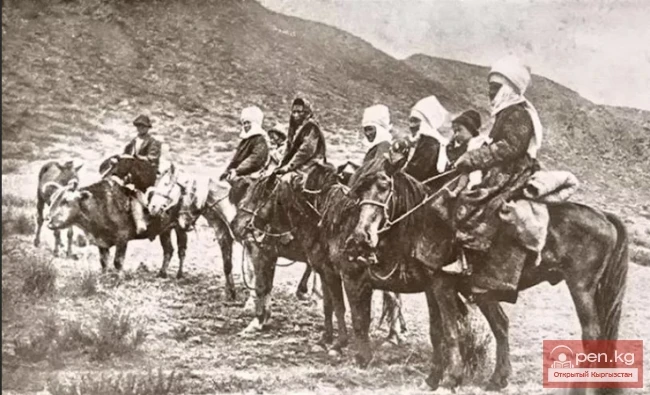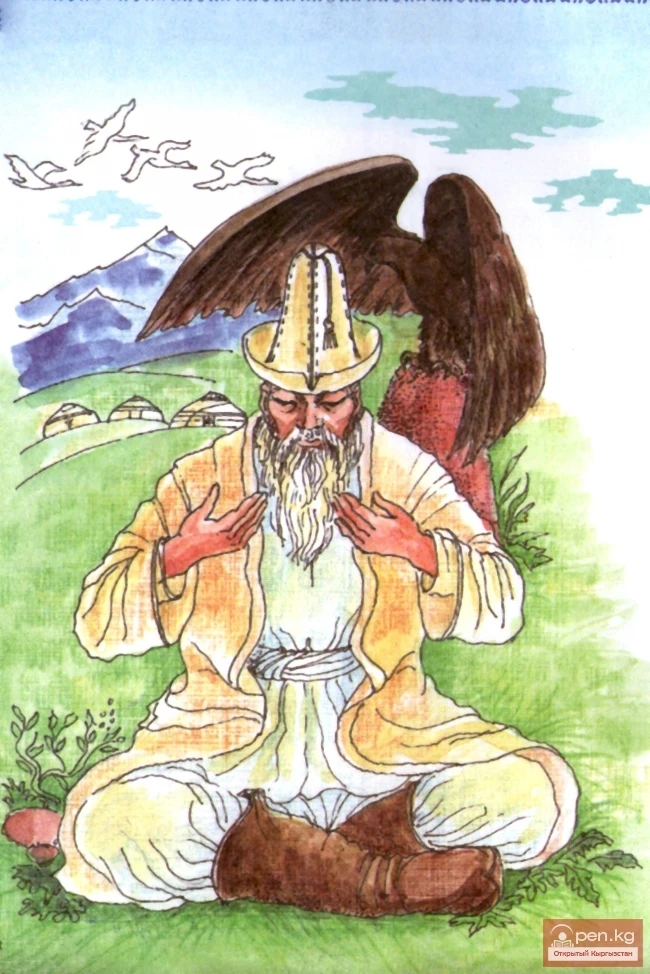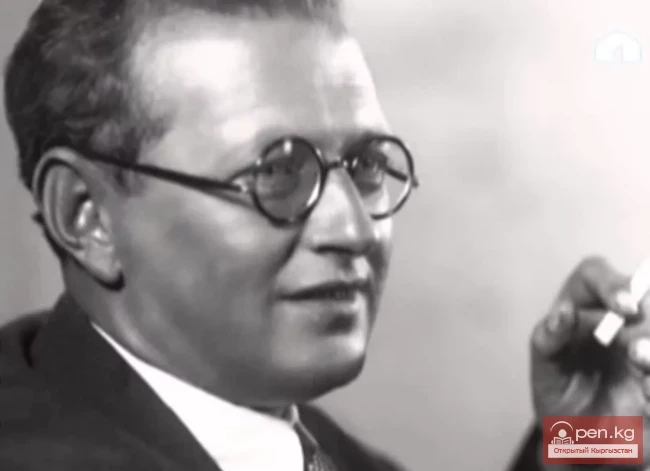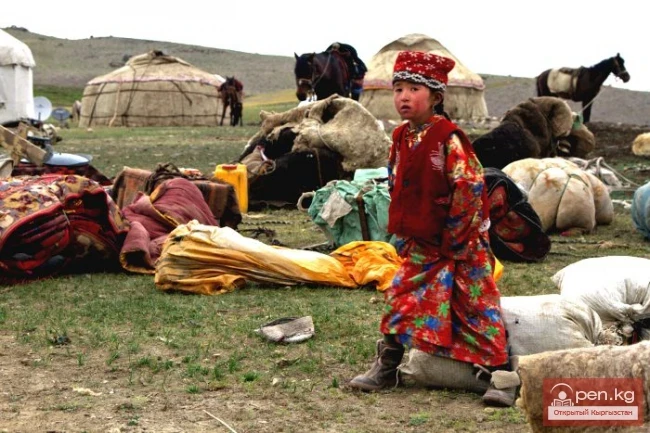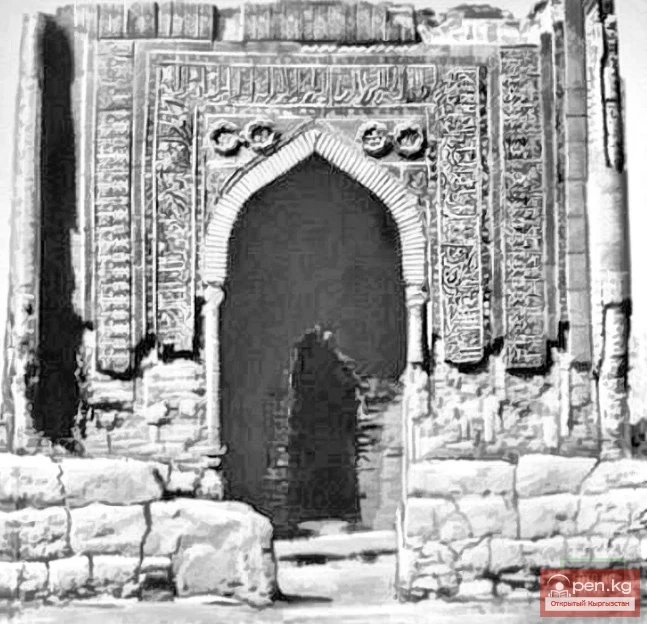
Identifying the ethnic specificity of etiquette is a rather complex task, for which a large number of source materials have been collected and analyzed. The results of this research allow us to assert that Kyrgyz etiquette represents a set of universal rules of communication and norms of behavior that have arisen based on universal moral and ethical needs, and that correspond to notions of morality and humanism.
The main findings of the research are reflected in the following conclusions:
1. The analysis of the historical stages of the formation and development of etiquette allows us to conclude that etiquette is a very large and important part of human culture and morality, developed over many centuries by all peoples in accordance with their notions of good, justice, and humanity.
2. Throughout the history of world culture, norms of morality and rules of behavior have undergone significant changes, especially during periods of instability. Etiquette rules, like any rules, have always been intended to regulate interpersonal relationships, playing the role of regulators of behavior in society, similar to the functioning of legal norms. Undoubtedly, over time, the forms of their manifestation change, but universal human values of behavior always remain relevant: politeness, mutual respect, tolerance, tact, and humanism.
3. The epic "Manas" plays an important role in reconstructing the spiritual life of our ancestors, which, in turn, provides grounds to call it the "cultural encyclopedia" of the Kyrgyz people. In this regard, the inclusion of materials from the epic has made an invaluable contribution to reproducing the system of moral values, social institutions, and norms of behavior of the ancient Kyrgyz. The specificity of Kyrgyz etiquette is related to a nomadic worldview. Furthermore, the materials of the epic and the results of this research can be used in analyzing and comparing the features of the etiquette systems of nomadic peoples in Central Asia.
4. The philosophical and poetic creativity of Kyrgyz thinkers allows us to reflect on and evaluate moral values in Kyrgyz culture from today's perspective. The deeper we delve into their essence, the more evident it becomes that all of them—compassion, humanity, nobility, magnanimity, honesty, respect for elders, hospitality, duty to kin, family, and one's people—are universal human values. This suggests that the norms of morality in Kyrgyz culture are inseparable from norms of behavior, i.e., Kyrgyz etiquette is a practical embodiment of the traditional Kyrgyz society's notions of morality. The relevance of philosophical and moralistic works is evident, as they are a source of spiritual wisdom that can unite the people, inspire great achievements, and educate modern youth in the spirit of morality and humanism.
5. Sunni Islam of the Hanafi school, the official religion of the Kyrgyz, represents a vivid example of the synthesis of pre-Islamic religious beliefs and the traditions of classical Islam. Undoubtedly, the key to understanding Muslim etiquette and its origins is the Quran: on one hand, it is a combination of religious and secular law (Sharia and adat), and on the other, it is an appendix to the Quran (Sunnah), which represents a set of customs regulating rules of behavior in the form of prescriptions and prohibitions.
